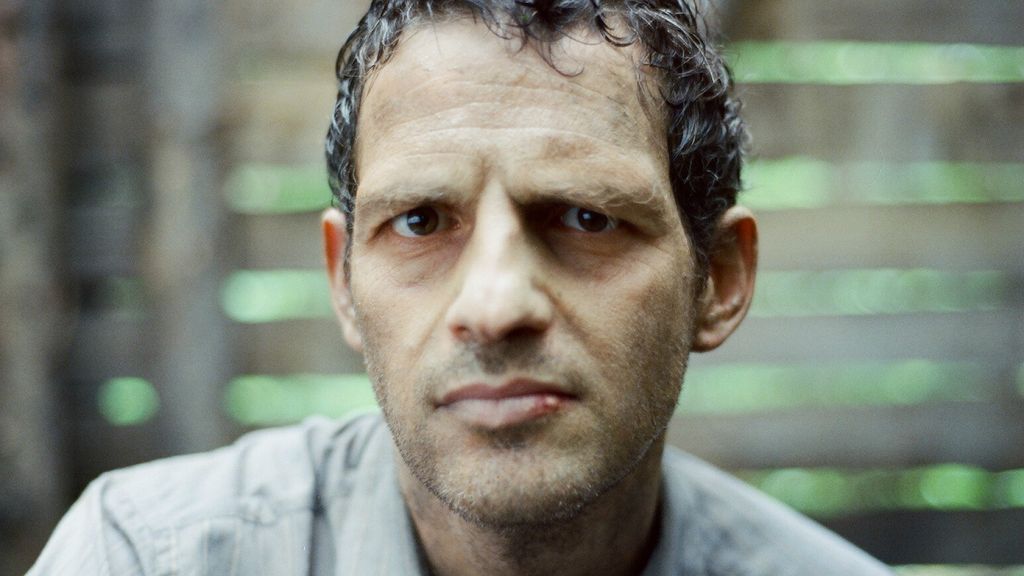That focus is not fully immune to outside interference. While stacking bodies after a gassing, he finds a young boy struggling to breathe. Because this is a very specific movie, the boy is immediately smothered by the on-call doctor, and in his first words of the film, Saul asks the staff not to perform the autopsy. The pathologist, also a prisoner, is sympathetic, and agrees to hide the body as long as he can. Saul, convinced that the boy was his son, wants to give the body a Jewish burial, and he needs a rabbi to do the ceremony. He then proceeds to give the viewer a tour of the camp, searching different areas for someone to do what he needs.
A Jewish burial was always going to be a tall order, but Saul has picked an especially difficult time. As appears to always be the case, other sonderkommandoes are approaching their term's end, adding an air of desperation amongst these men on top of the constant level of dread. Valuables are being hoarded or stolen by the more hopeful men, with the goal being a bribe to get taken off the list. Others are trying to document the horrors of the camp with contraband cameras. The most fatalistic of the men are planning a low-odds revolt, followed by an even more desperate escape. In his search for a rabbi, Saul gets wrapped up in each of these factions, trading favors and running dangerous errands. After allowing concern for others into what was previously a laser-like focus, Saul becomes nervous and easily distracted, failing repeatedly in whatever job his fellows ask him to do. He gets men killed, blows key operations, and generally acts as a klutzy saboteur, oblivious to all but his task.
Nemes gives the viewer the whole picture of Auschwitz, providing a level of detail unseen outside of multi-part documentaries. Most of Saul's day takes place in the gas chambers, but the crematoria are also visited, as are the giant piles of ash carted out to the river and dumped by a different set of prisoners. There are endless warehouses of belongings to be dug through, and sometimes, the carnage spills out of the factory-like setting inside the camp, and fiery pits are dug, and filled, in the woods. The Nazi characters use the language of the Holocaust, referring to bodies as 'pieces' and the industrial, highly regimented aspect of the work is apparent to anyone who's ever worked on a tight schedule. Son of Saul is immersive, even while sticking to its cinematic trademark of always following closely behind Saul. It's apparent why that tool is used, as the things happening outside his cone of vision, especially in the outdoors execution scenes, couldn't be lived with if they were fully absorbed. To get through this experience, Saul has had to push the world out, and letting anything human in has made him a liability. The world is disincentivizeing empathy, a luxury too expensive to indulge.
Son of Saul is a titanic film, anchored by the always on-camera Rohrig, giving a performance that is mostly in his eyes. Text at the beginning of the film informs the viewer that sonderkommando were also known as bearers of secrets. Rohrig's Saul is verbally making that an apt description, but his eyes make him a bad sonderkommando. He's bearing witness just as the viewer is to the atrocities onscreen. Son of Saul is never a pleasant film to watch beyond the amount of technical expertise displayed, providing no respite throughout its 107 minute runtime, but it is necessary to remind oneself of what humans are capable of when they allow nationalism and demagoguery to run rampant. A-

 RSS Feed
RSS Feed